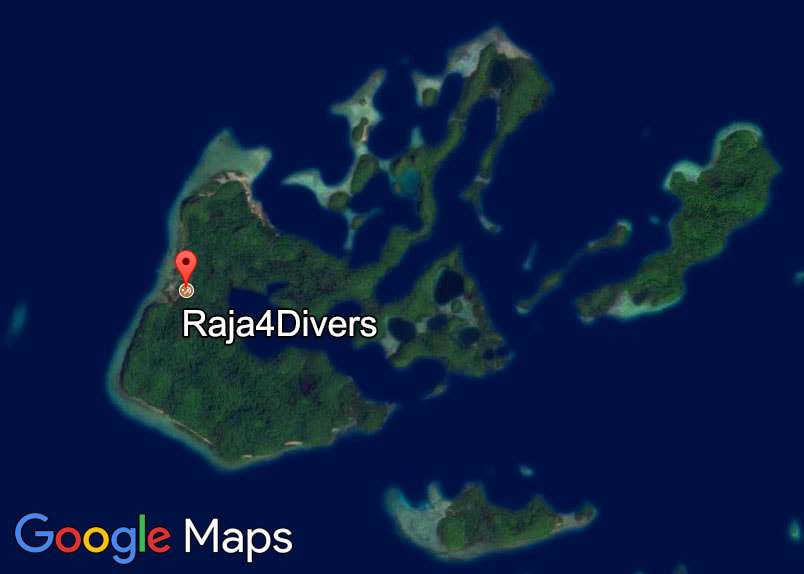|
One of my work colleagues at the office is in her early thirties and still unmarried. Being from Java, she war raised a Muslim and follows the rules in her own modern way. She has a good education, is a bright young woman and would like to have a professional career. She has been working at various resorts in- and outside of Indonesia which means she also has an idea how other people live and think. And she’s not in a hurry to get married and have a family yet. Which is a fact that seems to worry her mother a lot. Apparently, every time she calls home, after a while of talking about how she is and what’s happening on the island, her mother inevitably asks her «And how about marriage, dear?». She seems to think that as long as my colleague is working on the island she will never find a suitable husband and that it’s high time she changed that. In traditional Indonesian families, many marriages are still arranged by the parents or other family members. While my colleague’s parents are quite modern and will not force her into an arranged marriage, the pressure is still there for her to marry a «suitable Muslim» soon, have children und most probably quit any job she may still have outside her family home. This makes me realize once again how very lucky I was to be brought up in a liberal country and family. I wasn’t forced into anything and was free to chose how I wanted to live, whether I wanted to marry and have children or even go and work on a remote island at the other end of the world. My parents may not always have been happy about all my decisions, but they never objected and always supported me. Living in a western country, we tend to forget how privileged we are in certain respects and simply take them for granted. I’m guessing there are far more arranged marriages in the world than freely chosen ones, considering that densely populated countries often have religions or political systems that favour arranged marriages. If you never knew anything else, then having a husband chosen for you and living a happy life raising children and taking care of the household may feel natural. But if you get the chance to have a good education, maybe even go to university, and are then still expected to abandon your dream of a career or a life without marriage and children, this seems very difficult to me. Please don’t get me wrong – there’s nothing wrong with staying home and raising kids! If this is your own choice, then it’s just as good as any career. But if the pressure from your culture and family is so big that you simply don’t have a choice, it feels unfair. On the other hand, there is a phenomenon that I wasn’t really aware of because it’s not common in Switzerland: many of our employees leave their kids with their parents or in-laws to be taken care of while they work on the island. They sometimes don’t see them for many months on end if their family lives far away. It especially strikes me with the few couples we have where both parents work on the island and are away for a long period of time. I was never an overprotective mother to my children, but I think I would have felt terrible to leave them with someone else for so long when they were small, even if they were in loving care. But I realize again that this is the luxury of a privileged person because I might have been forced to do the same if I were Indonesian, in order to make a living.
I know that my colleague once was very close to getting married to the partner she had a that time, but then the situation changed, and they split up. I’m not sure if she is still hesitant to think about marriage simply because she hasn’t found «the one» yet or because she doesn’t want to live according to traditions. But I can feel that she is torn between two worlds. On the one hand, she wants to please her parents because they want her to do what they think is best for her. On the other hand, she also claims her right to decide for herself about her own life. As a parent myself, I know what it feels like to be torn between wanting to tell my kids what I think they should do and not interfering too much with their life. It’s the eternal question about how much of our own beliefs and experience are we allowed to force upon our kids and how much do they have to find out for themselves, even if that may be painful. This conflict is regardless of religion, I think. It’s about the balance between support and letting go, and to find this balance will be a challenge for us as long as we live…
1 Comment
Even though it is currently Ramadan and our Muslim employees are fasting, I’ll talk about food today. Fasting during Ramadan doesn’t mean they don’t eat at all. It just means no eating and drinking (and smoking for that matter) from sunrise to sunset. But breakfast and dinner are just as elaborate if not more than usual. Especially breaking the fasting at sunset always starts with a sweet snack and «Es Buah», a very sweet ice-cold drink of water, syrup, condensed milk, sugar, fresh fruit cut into small pieces and small jelly cubes. My colleagues absolutely love it, but for my taste it’s far too sweet. As a general rule, Indonesians love to snack. And they seem to be doing it all day long when they are not fasting. In between the three big meals they get at the resort they will usually have a few snacks, such as sunflower seeds, crisps/chips, cookies, or chocolate, but also instant noodles («just add water»), to mention just a few. The notion of «snack« is very wide, as you may have noticed. We have a small staff shop at the resort that sells everything from toothpaste to cigarettes and snacks. I think, apart from the money they send home to their families, most of our employees’ money is spent on snacks they buy at the staff shop, the «Toco Pef». Snacks may be sweet or savoury and it’s not always the shape or style that tells you what the taste will be like. Some cookies may look sweet, but they turn out to be a mixture of slightly savoury but also sweet, with a touch of cheese to finish it off. And if something is called «kue» (cake) it is not automatically sweet, as westerners might expect. «Kue» can be anything from sweet cakes or doughnuts to savoury spring rolls or fried rice cubes filled with vegetables and noodles. The variety is immense and there is not specific time to eat «kue».
Whenever we are in Sorong, spending a few days at our office that also serves as a place to sleep for us, sooner or later one of my colleagues will turn up shouting «Ada kue!» and presenting a box full of snacks that everyone gladly digs into even if they’ve just finished a meal. These snacks often consists of either sugary doughnuts or cakes from the local bakery chain or various types of fried rice or coconut balls (which I like a lot), but it may also be sticky rice cooked in a palm leaf that I would normally eat as a side dish with a full meal. Snacking seems to be a national passion, and the sweeter the better. This includes hot or cold drinks as well, which are either soft drinks or coffee or tea with at least three big spoons of sugar as well as a generous splash of sweetened condensed milk. Recently, our team was shocked to hear that, due to financial reasons, the staff of another dive resort in our area similar to ours had been rationed to 1kg of sugar per day for the entire staff (currently consisting of a little over 20 people). Are you serious? 1kg for 20 people every day is a lot of sugar, in my opinion! But not to them. And the funny thing was that they were not shocked about the fact that this resort also rationed the daily portion of rice! This didn’t seem to bother them half as much as the rationed sugar, which was THE topic for days. Some of my female colleagues have taken up the habit of interval fasting on a regular basis in order to control their weight or lose some. Which means they do not eat anything during the day. But it seems, this doesn’t apply to snacks, as on more than one occasion, one of them came to dinner taking only a small portion and – after my questioning look – explained that they were not very hungry because they had been snacking in the afternoon. Well, I’m not entirely sure this is the idea of interval fasting, but hey, you can’t help your nature sometimes, can you;-)? For various reasons, our boss Maya (or «Ibu» as we all respectfully call her) hast just spent the last 5 months in Switzerland. The longest time ever away from the resort since she started it! I think she dearly missed everyone here, as well as the island. And we missed her! But this week, she finally came back. As I mentioned before, our team functions well without her on the island. Every department head coordinates his or her people ad we all still have enough to do. But of course, it’s different when the boss is not around, as in every company, I guess. Especially now, that there are no guests and without a clear date as to when this will change, there was no hurry to finish a specific task (unless you work in the technical department – these problems are always urgent…). However, the last few weeks have been a little busier than the ones before. Since we’ve known when Ibu was coming back to Pef, most of our morning meetings started with «This or that will need to be finished by the time Ibu comes back!». We finally had a deadline again, and it felt good! I think the last few days before her arrival were spent cleaning everything, over and over again, as the weather was not favorable and daily rainfalls with heavy wind messed up things every time they just started to look nice and clean. It was a mixture of excitement and everyone looking forward to Maya being back, but also dreading the moment she might detect something that is not exactly as she likes it. She’s meticulous about how she wants things to look, but that’s a good thing. Because this is what makes the charm of our resort – it bears Maya’s trademark. And there was something else: it felt as if we were having our first guest again! Normally, they come and go every week and we’re so used to the routine of cleaning and preparing the entire resort that we don’t even think much about it. But now, after more than a year without guests, we feel we’ve almost forgotten what it takes to welcome «outsiders» at our jetty on a Saturday afternoon with music, dance, and a coconut drink. So, this was our chance to practice, and it made us wake up and feel alive again! We were so much looking forward to celebrating a new arrival, see a «new» face and get news from the outside world that doesn’t come via an electronic cable or a satellite. OK, maybe it was mostly me who was looking forward to talking to a westerner again after just having spent four weeks as the only bule at the resort… Luckily, Maya brought the sun when she arrived (even if just for one day!). Which allowed us to welcome her with singing and dancing and in the evening with a nice dinner outside, as we do on special occasions. It wasn’t a wild party into the wee hours, but it felt good to have a little celebration to disrupt the daily routine we’ve been having here. Even though we live in paradise, without the prospect of an opening of the resort in the near future it isn’t always easy to keep our spirits up. Like anybody working in tourism anywhere in the world, we are longing for an official announcement from the authorities as to when the borders will reopen. A silver lining to get us through the moments when we feel, this situation is never going to change.
Even without this for now, the spirit has changed since Maya came back. Our staff seems more motivated and focused on their work. We set our ourselves tighter deadlines again which help us get things done more efficiently. We feel as though things are finally moving again. There are many long talks with Maya as obviously she wants to be updated on everything. Talks that would normally happen on a regular basis but had to wait for a while due to her long absence. And this too feels good, to tell and show Ibu what we have been working on and that the resort is still in top shape! And there is one more big news: today, most of our employees that are currently on the island, got their first Corona vaccination! We are not forcing anyone to take the shot but luckily, the ones that are here have all decided to do it. We are very happy about this, as it means one big step towards a certain normality. Keeping our employees safe was always our biggest concern and the vaccine will contribute to this goal. And hopefully to being able to open the resort again very soon! For Easter, we produced a – what we thought – funny little video with 4 of our employees hopping around and dressed up like Easter bunnies, hiding eggs in the jungle. It was meant to cheer up our friends and guests back home because we know many of you still have to endure severe restrictions due to the pandemic. And we had a lot of fun ourselves while making the video. When I sent the video to my family and some of our friends to wish them a happy Easter, one of my friends came back to me saying that she felt that the video had a «colonial touch» because we made fun of locals for advertising purposes. I was shocked to realize that we may have produced this type of reaction with our video as our intention could not have been further away from this. Our philosophy with the employees is quite the opposite from «colonial» and I realized I had to write about this to clarify. At Raja4Divers, we integrate our employees in our decision making process and get their input during our daily morning meeting in order to hear and implement what they have to say. There are a number of areas of work in which our local staff has a lot more experience than us westerners, so it doesn’t make sense to impose our ideas onto them. This wasn’t always easy for me to understand in the beginning, when I thought something didn’t make sense to me the way it was done here. Until Maya explained why we do it this way and it started to feel right. Our employees are also completely integrated into the resort. The staff quarters are not separated by a wall or hidden in another village as in many other resorts around the world. All employees eat at the restaurant and mix with the guests if they like. We take them the way they are, even if their actions sometimes don’t make sense to us when it comes to private matters. I have often thought we should try to convince them that this or that is not good for them in the long term. Or make them think more in a «civilized» way (whatever that may be…). But that would be patronizing them. They are all grown-ups, responsible for their own actions. Who are we to tell them how they have to live their life? We are only responsible for the smooth operation of the resort, not for their private lives. But, we try to help if they ask us to. We often enjoy a little fun and I have come to realize that most of our employees like to laugh about themselves. They make jokes about each other that I would never dare make about my friends and family. And they all laugh about them together. But, even though I also like to tease my friends back home once in a while, I would not dare do it here. Our humour is different and I’m not sure I would hit the right note. And the last thing I want is to make them feel humiliated. Working here as a «bule» (westerner) and in management already puts us on a pedestal. They watch every move we make, and we have to act as some sort of role model and try to avoid making mistakes. I think, one of the reasons why our guests like it here and keep coming back is because they sense that we treat our employees as equals. I know it's not the case in some other resorts, but for me, it's the only way to treat people in any area of the world. We came here because we and our guests want to enjoy what they have: nature, the sea, marine life, the people, their culture, their traditions, etc. But it will only last if we respect it the way it is. We may have the knowledge of how to run a resort, but they have the knowledge about how things were before we came. And this is just as precious as the knowledge we acquired at school and during previous jobs. We can both learn from each other, and I definitely learnt a lot from my local colleagues since I came here.
What did you think of our Easter video? We'd love to hear from you. Please comment below! Easter is also celebrated in Raja Ampat as most people are Christians. So, I asked my English students how they celebrate Easter at home. Their celebrations seem quite similar to ours, just with a local touch. They attend mass with their family or the whole village on Good Friday and Easter Sunday, sometimes starting as early as 4am. On Good Friday, they fast during the day and only have breakfast and dinner. But on Easter Sunday, there is a big lunch after church that may go on for hours with celebrations, music and singing. When asked if they also had a tradition with eggs, they explained that the priest hides numbered eggs around the church. After mass on Easter Sunday, all church-goers go egg-hunting as there is a prize for every egg they find. The egg marked with no. 1 is worth the most important prize: a new bible. The other eggs will bring the finder a variety of gifts, such as clothes, food, etc. However, Easter seems to be less important than Christmas for some of our locals, as they are not taking holidays or planning a trip home for Easter this year, even though it would be possible (as opposed to last year, when travelling was not allowed in spring because of the pandemic). Maybe, they are just not used to being at home for Easter as it is normally a busy time at the resort with guests which is why we need most of our staff here. During normal operations when the resort is open, we don’t celebrate national or religious holidays as very big events. For Easter, for example, we would usually just have a themed breakfast with homemade Easter bunny bread, maybe coloured eggs and some special decoration. But without guests and only half the employees on the island, we try to make something special out of such occasions so as to have an «event» as we call our regular staff activities. And of course, Easter will be our next event. On Saturday, we will organise a traditional egg hunt at the end of which, there will also be prizes for the lucky finders. And there will be an egg painting and decorating competition for everyone. We will distribute boiled eggs after lunch on Saturday, and our staff will have time to paint or decorate them by Sunday early evening. The most beautiful or original Easter eggs will be awarded at an Easter dinner for all employees on Sunday. All of us will be able to vote for the egg we like most, so it may not necessarily be the most artistic egg that will win the competition. It could also be the most original one. Last year, there were some amazing works of art and very creative ideas (unlike my very mediocre contribution, featuring white Swiss crosses on a red background… needless to mention I didn’t win a prize), so I’m really looking forward to seeing this year’s output! At home, I like to grab some fresh herbs from my garden or the forest, wrap them around raw white eggs and boil them in hot water containing natural plant colours. The result are reddish, brownish, blueish and yellowish eggs with white patterns in the shape of the herbs I wrapped around. This usually looks beautiful, so I brought some natural plant colours with me from Switzerland and was keen to try this out on the island. Until I found out, that we only have brown eggs… Apparently, eggs with a white shell are much more expensive than the ones with a brown shell, so we don’t buy those. Well, there goes my egg colouring idea. I tried to colour some without the herbs in a colour that was supposed to be dark red, but my eggs turned out in some indefinable shade of brown and purple. Not a very exciting colour, to be honest! So much for that… Luckily, our employees are much more creative and don’t need fancy colours and extra white eggs to create little pieces of art! So, keep an eye on our social media channels to see this year’s creations on Sunday!
Wishing you a very happy Easter and hoping you will find all the hidden eggs, whether they are decorated or not! And if you haven’t seen it yet, don’t miss our not-so-serious little Easter video that we had a lot of fun creating! |
#TalkingWithMangrovesI never even dreamt of working on a remote island in Indonesia, but life has a way of taking care of itself… Archives
May 2021
|
LocationPulau Pef - Raja Ampat - Indonesia
|
Follow Us
Our Office in SorongJl. Gagak No.7 B, Km 7 Gunung, RT.001 RW.002
Kelurahan Malengkedi, Remu Utara PO Box No.130 Sorong 98416 – Papua Barat - Indonesia Phone +62 (0)811 485 7711 |
Rates and information are subject to change without notice. Terms and Conditions apply. All rights reserved.
Imagery is copyrighted and may not be used without express permission and written consent.
Images and videos of the following photographers / videographers were used for this website:
Barbara Moll, Claudia Peyer, Pere Rubio, Thomas Haider, Filip Staes, Christian Kaufmann, Dos Winkel, Duri Mayer, Jürgen Freund,
Daniel Brinckmann, Amanda Künzle, Joram Zimmermann, Ramon Sibold, Roman Keller, Barbara & Markus Aichinger, Fabienne Hadorn, Andreas Hadorn,
Armin Keller, Marcel Rudolph, Sabrina Inderbitzi, Peter Löseke
© 2024
Imagery is copyrighted and may not be used without express permission and written consent.
Images and videos of the following photographers / videographers were used for this website:
Barbara Moll, Claudia Peyer, Pere Rubio, Thomas Haider, Filip Staes, Christian Kaufmann, Dos Winkel, Duri Mayer, Jürgen Freund,
Daniel Brinckmann, Amanda Künzle, Joram Zimmermann, Ramon Sibold, Roman Keller, Barbara & Markus Aichinger, Fabienne Hadorn, Andreas Hadorn,
Armin Keller, Marcel Rudolph, Sabrina Inderbitzi, Peter Löseke
© 2024

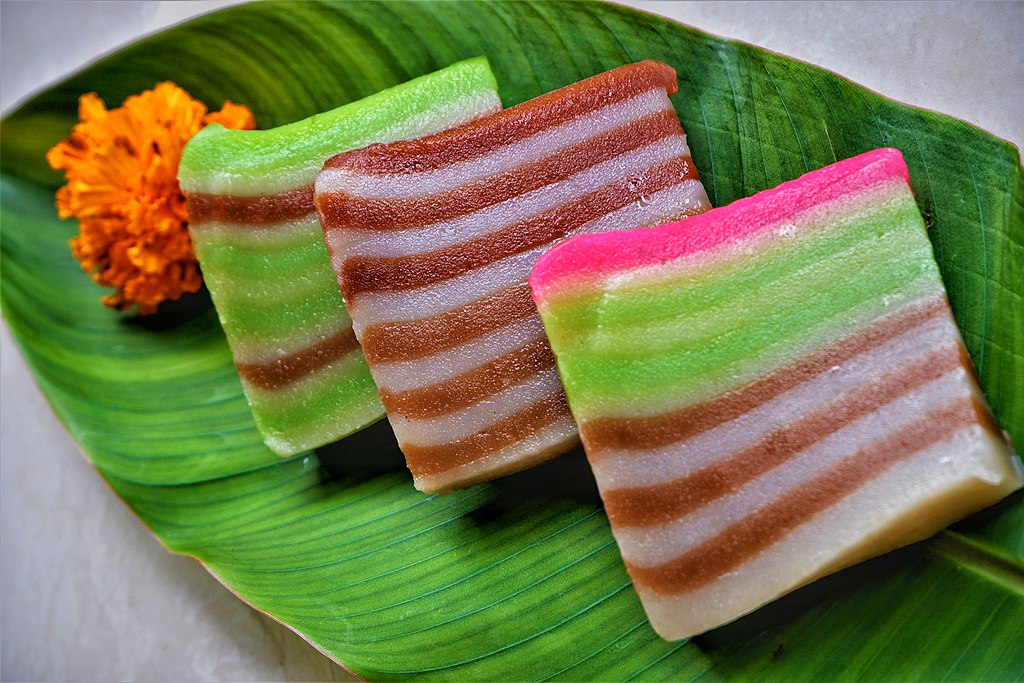
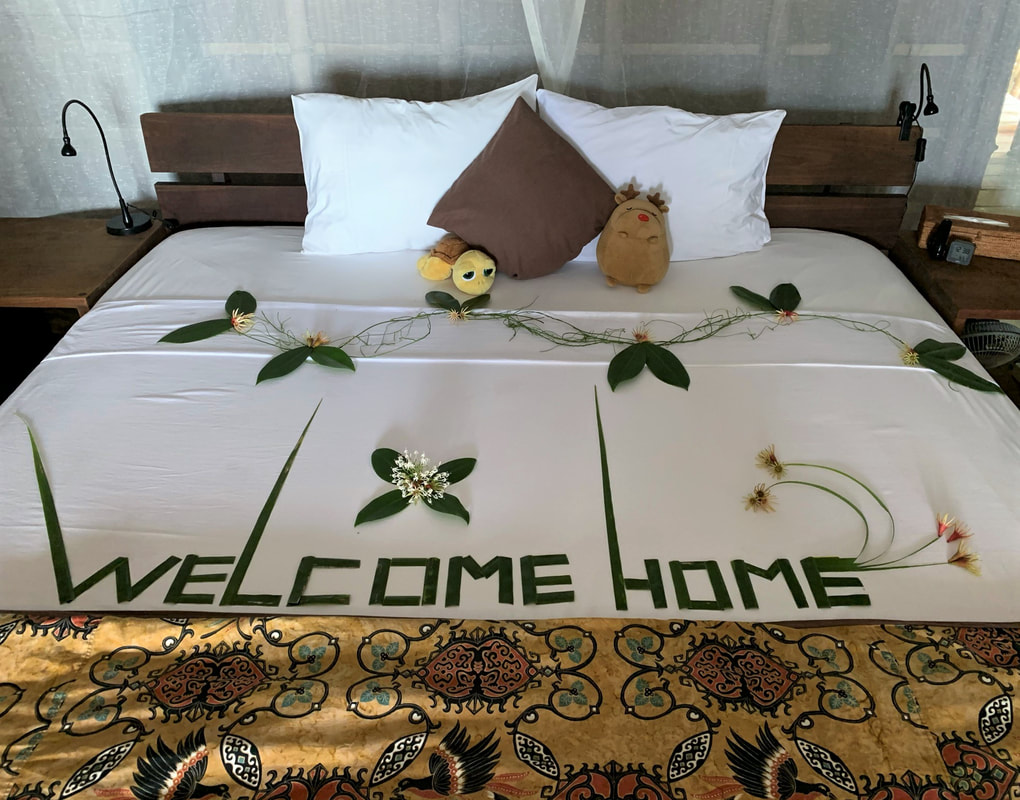
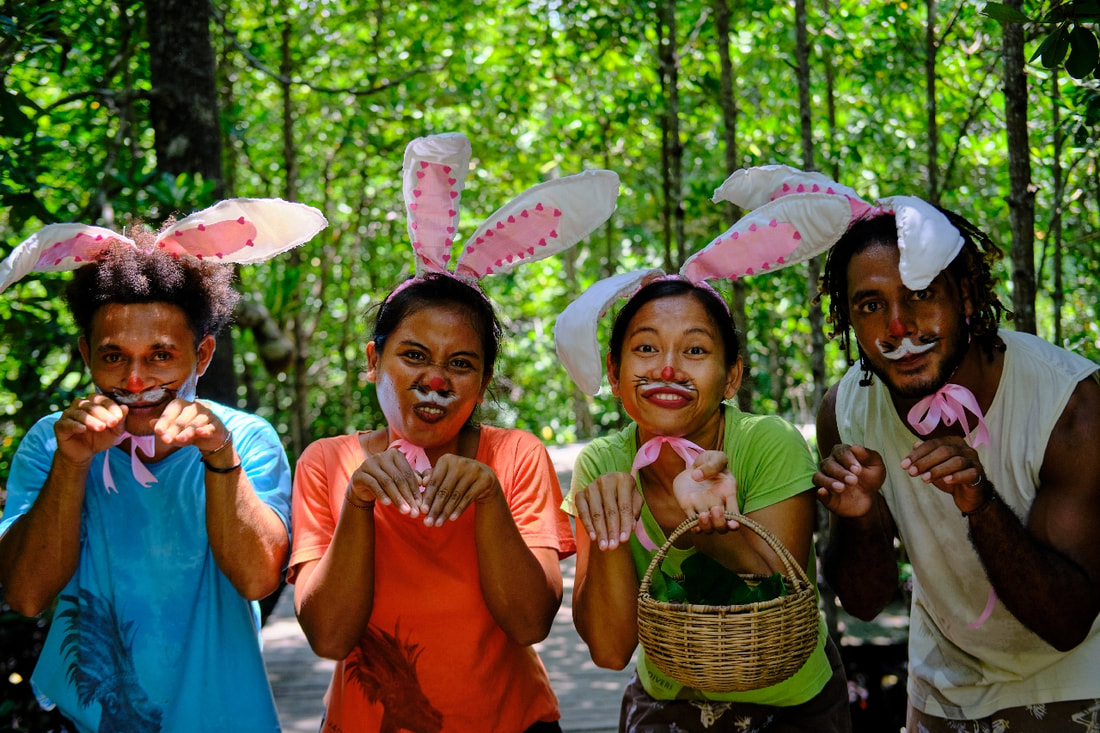
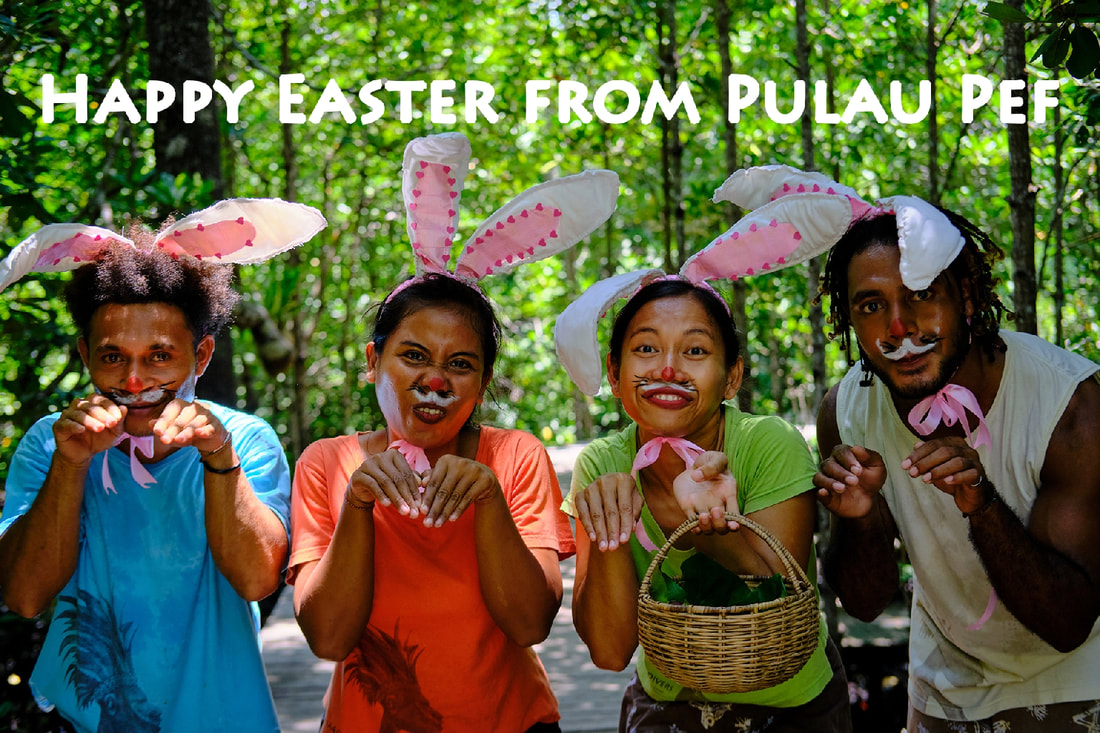
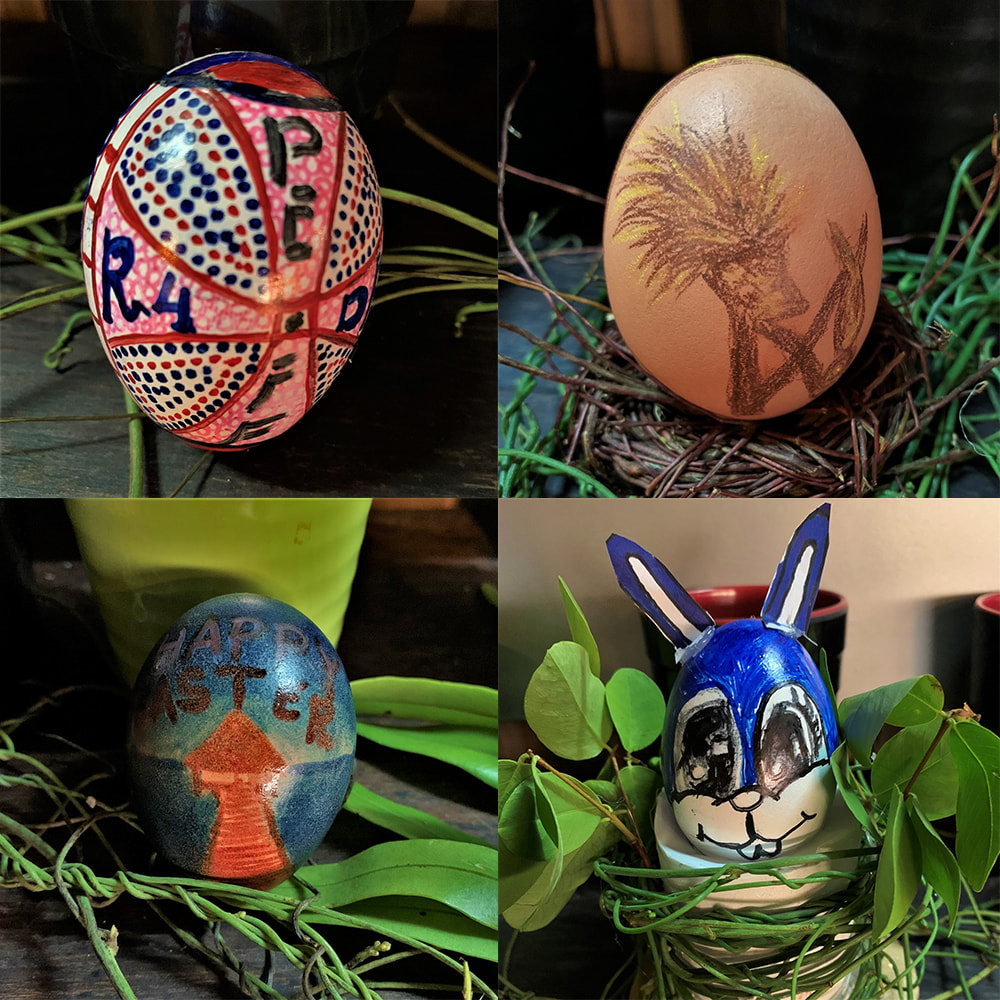
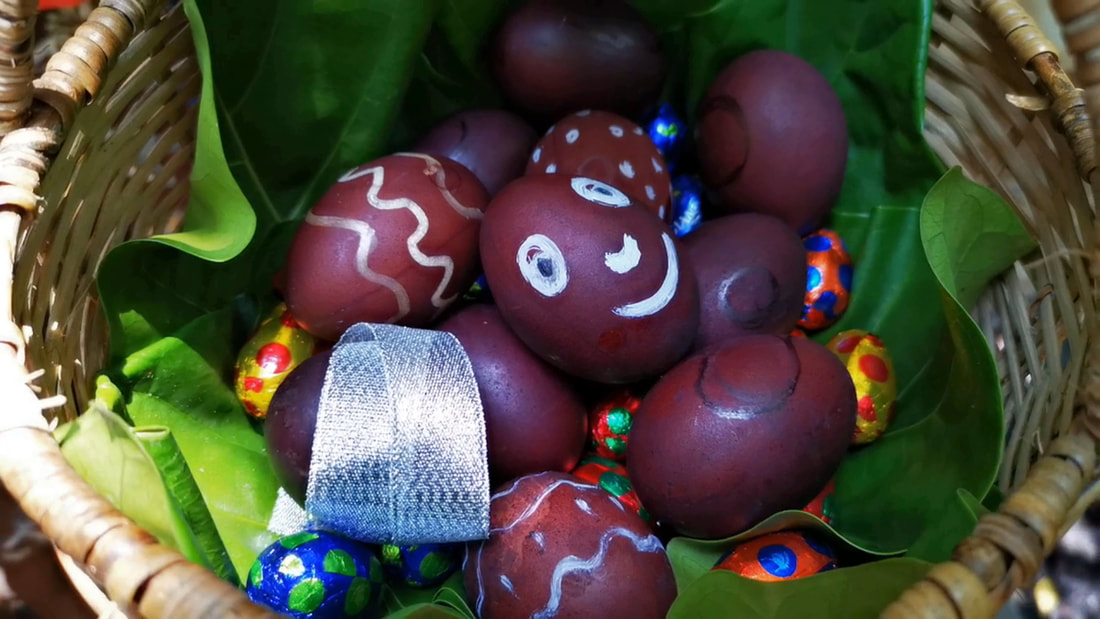
 RSS Feed
RSS Feed

